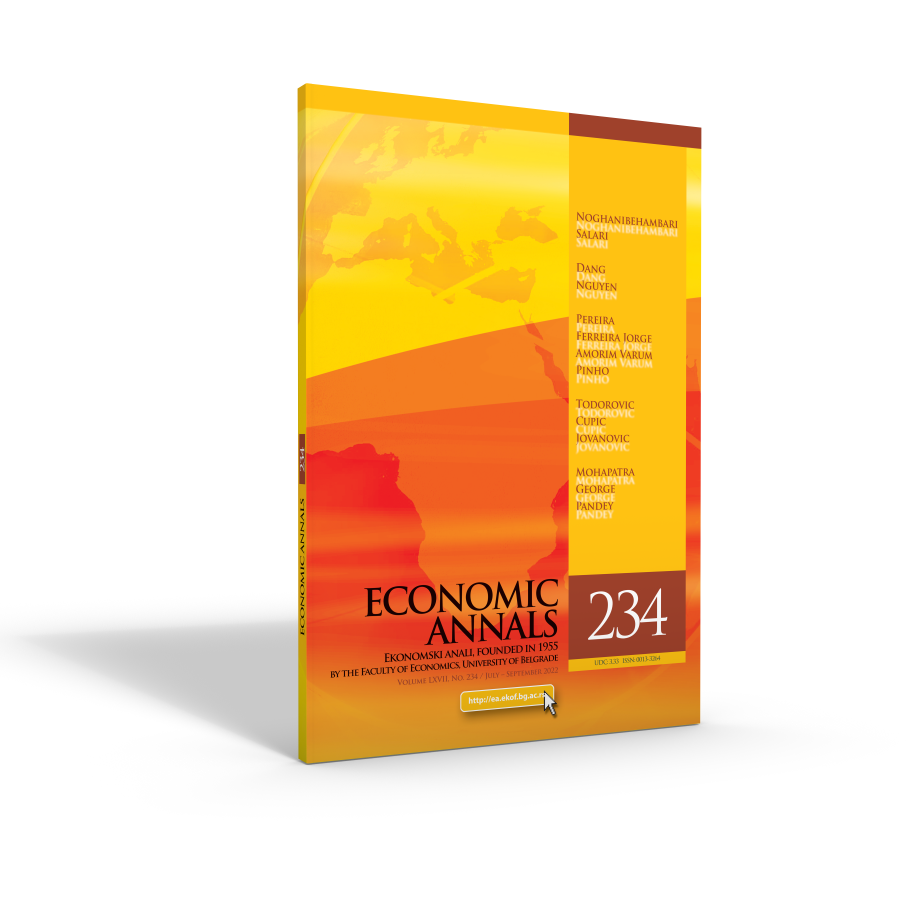PRODUCT DIFFERENTIATION AND EXPORT INCENTIVE SCHEMES: A GAME THEORY APPROACH
##plugins.themes.bootstrap3.article.main##
##plugins.themes.bootstrap3.article.sidebar##
Beatriz Pereira
Sílvia Ferreira Jorge
Celeste Amorim Varum
Micaela Pinho
Sílvia Ferreira Jorge
Celeste Amorim Varum
Micaela Pinho
Abstract
In order to improve economic growth, many governments use public policies to promote their countries’ degree of internationalisation. When designing optimal public incentive schemes for internationalisation it is fundamental to consider the characteristics of export markets, such as size, competition degree, tax system, and product differentiation. This paper analyses whether product differentiation has any impact on optimal internationalisation incentive policies, focusing on export subsidy schemes. We develop a two-stage game for three different scenarios: (1) no subsidy, (2) a fixed-subsidy scheme, and (3) a subsidyper-quantity-exported scheme. Using numerical analysis, we revisit the analysis of schemes designing optimal public incentives for internationalisation and conclude that for export markets with low product differentiation a subsidy-per-quantity exported scheme is best at stimulating internationalisation, while for export markets with high product differentiation a fixed-subsidy scheme is the preferable policy.
##plugins.themes.bootstrap3.article.details##
Keywords
export subsidy schemes, internationalisation, product differentiation, game theory.
JEL Classification
D43, F19, L13
Issue
Section
Articles
How to Cite
Pereira, B., Ferreira Jorge, S., Amorim Varum, C., & Pinho, M. (2022). PRODUCT DIFFERENTIATION AND EXPORT INCENTIVE SCHEMES: A GAME THEORY APPROACH. Economic Annals, 67(234), 55-80. https://doi.org/10.2298/EKA2234055P
How to Cite
Pereira, B., Ferreira Jorge, S., Amorim Varum, C., & Pinho, M. (2022). PRODUCT DIFFERENTIATION AND EXPORT INCENTIVE SCHEMES: A GAME THEORY APPROACH. Economic Annals, 67(234), 55-80. https://doi.org/10.2298/EKA2234055P

